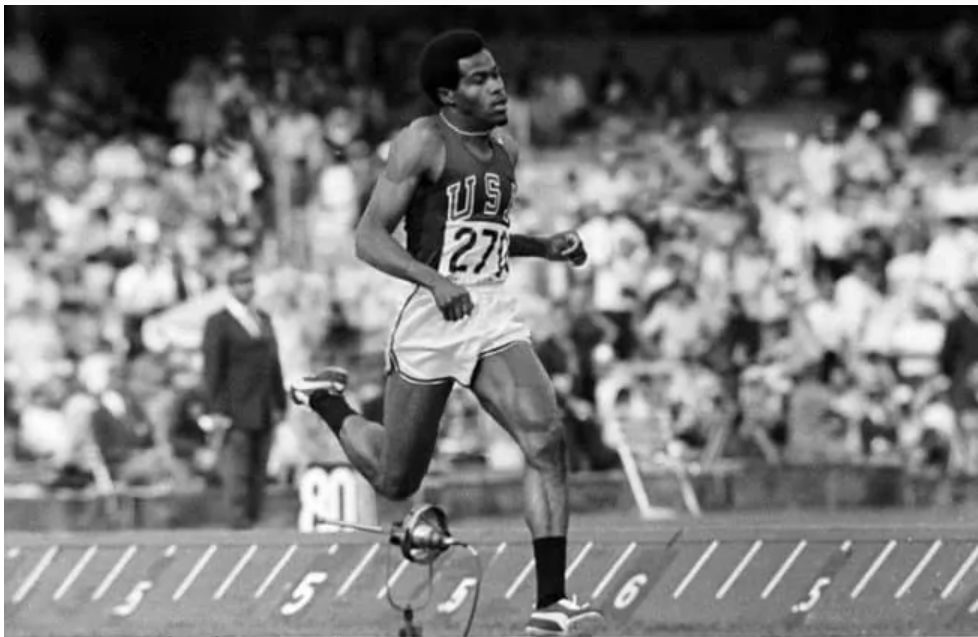Lee Evans, the renowned American sprinter and Olympic gold medalist, passed away at the age of 74. His death marks the end of an era for track and field, where his influence and legacy remain profound.
Born on February 25, 1947, in San Diego, California, Evans rose to prominence in the world of athletics during the late 1960s. His name became synonymous with groundbreaking achievements and record-breaking performances, most notably during the 1968 Summer Olympics held in Mexico City. There, Evans made history by winning gold in both the 400 meters and 4×400 meters relay, setting new world records in both events. His 400 meters time of 43.86 seconds stood as a world record for over 20 years.
Evans’ performances were not just about speed; they were about breaking barriers. His victory in the 1968 Olympics was a significant moment not only for his personal career but also for the larger socio-political landscape. During the Games, he, along with fellow American sprinters Tommie Smith and John Carlos, became iconic figures in the fight for civil rights. Their silent protest on the podium, raising black-gloved fists, was a powerful statement against racial injustice and remains one of the most memorable moments in Olympic history.

After retiring from competitive athletics, Evans continued to impact the sport and beyond. He dedicated himself to coaching and mentoring young athletes, sharing his wealth of experience and wisdom. His contributions to track and field were not limited to his own performances; he helped cultivate future generations of athletes, imparting not just technical skills but also the values of resilience and perseverance.
Evans’ post-athletic life also saw him engaging in various community and educational activities, promoting sports and education among youth. His commitment to social causes and his efforts to uplift others were a testament to his character and values.
The world of track and field has lost a true legend with Evans’ passing. His legacy endures through the records he set, the athletes he inspired, and the significant cultural impact of his Olympic protests. Lee Evans will be remembered not only for his athletic prowess but also for his role in advancing social justice and his dedication to the sport he loved. His contributions to athletics and society will continue to resonate for years to come.


